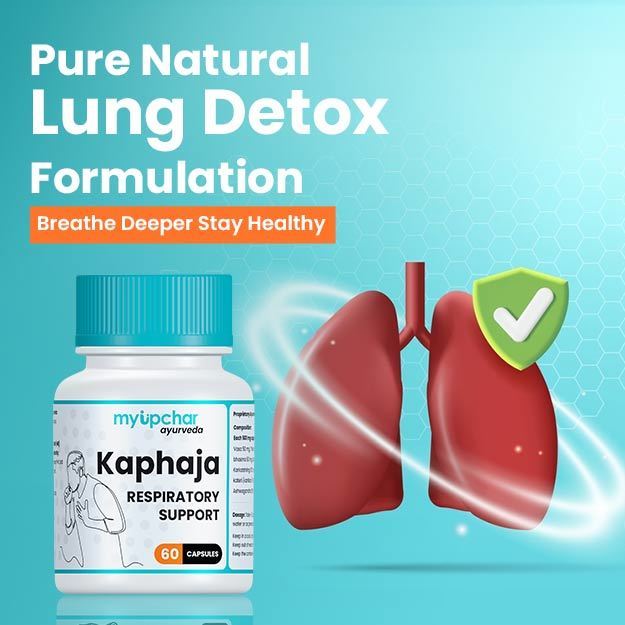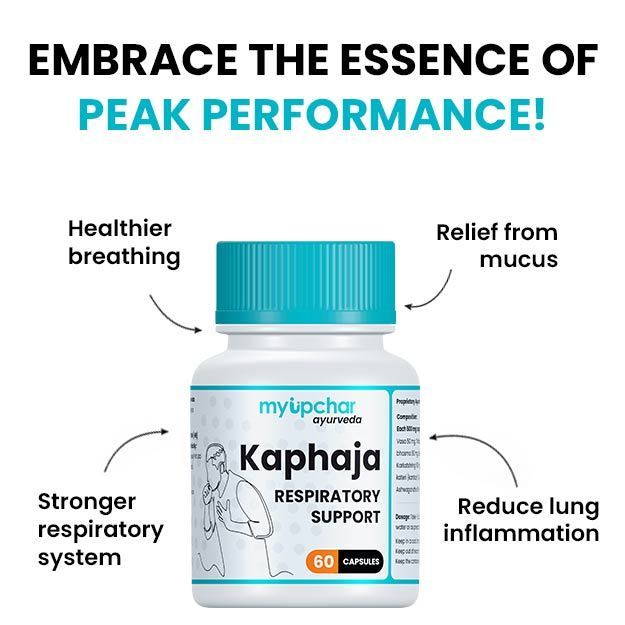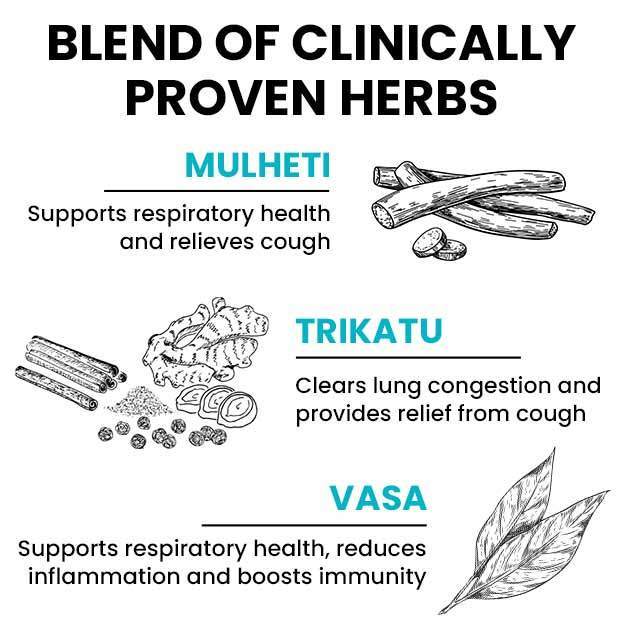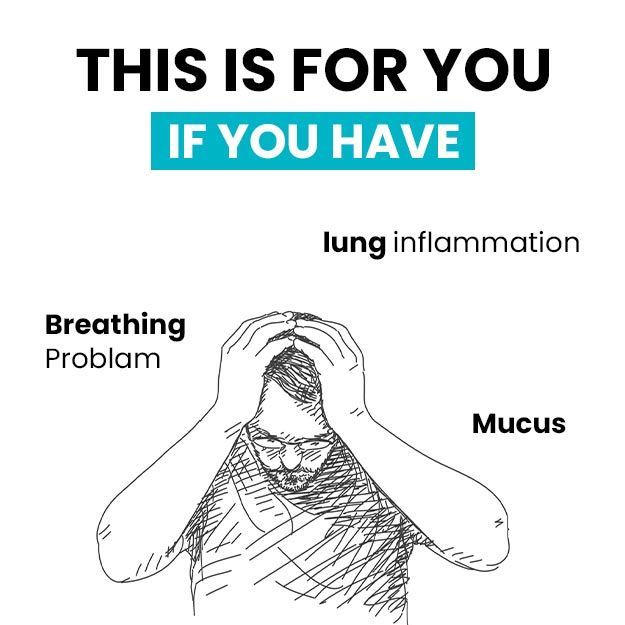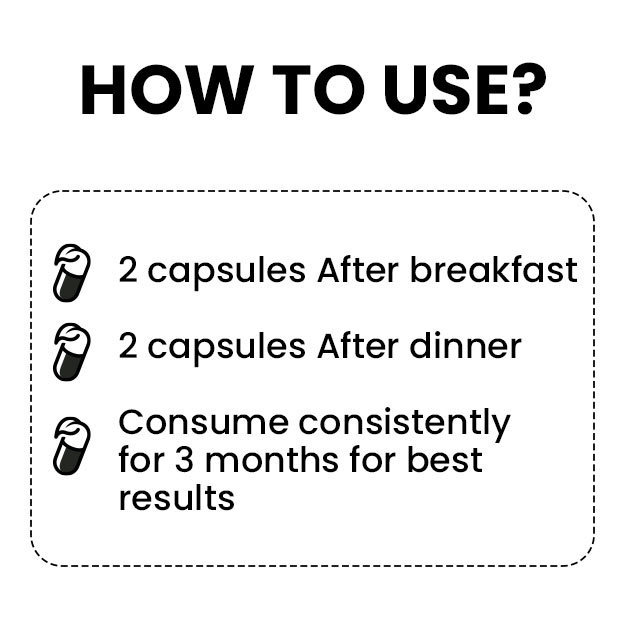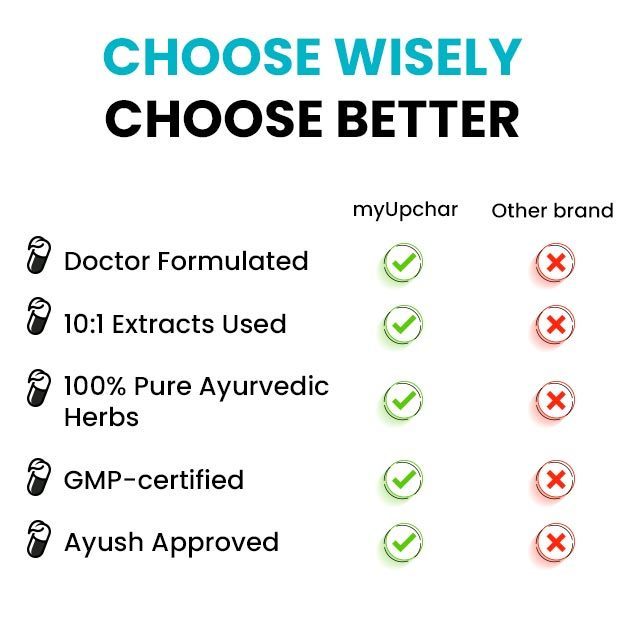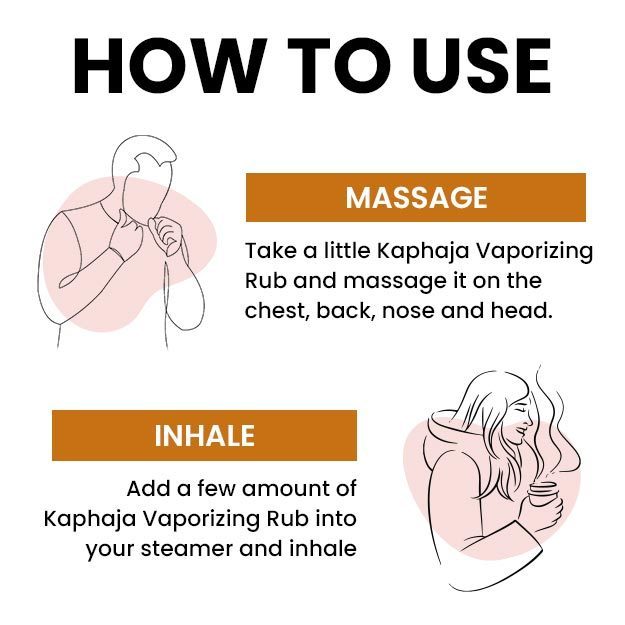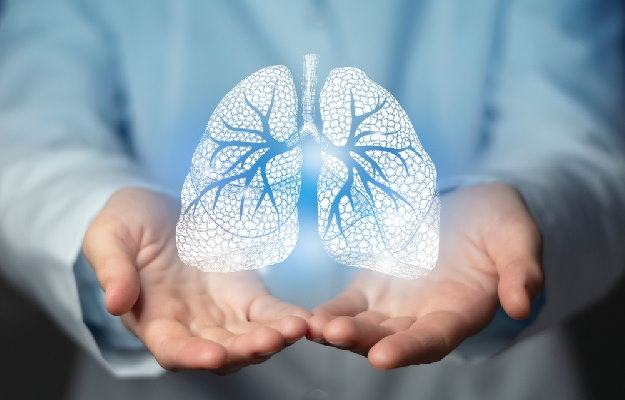Hypercapnia, also called hypercarbia, is a condition when there is too much carbon dioxide in a person's bloodstream. This may cause dizziness, fatigue and trouble breathing. Hypercapnia can be caused by different respiratory conditions, such as chronic obstructive pulmonary disease (COPD), which prevents a person's lungs from either taking in enough oxygen or expelling (breathing out) enough CO2. If the symptoms of hypercapnia are mild, the body can often control itself, gasping or taking deep breaths may be a problem, but chronic cases usually require medical intervention. Persistently increased levels of CO2 in the bloodstream can be harmful over time by increasing the pH of your blood and affecting the health of the lungs, respiratory system, and other major systems of the body. Hypercapnia occurs when the levels of oxygen and CO2 in the bloodstream become unbalanced. This imbalance changes the pH balance of your blood, making it too acidic.
Read more - (Understanding Respiratory Alkalosis)





